Life of Bahraini Shia cleric Sheikh Isa Qassim in danger: Rights groups
Two rights groups have raised the alarm over the worsening health condition of Bahraini Shia cleric Sheikh Isa Qassim, warning that the top spiritual leader's life is "in danger."
“I issue a call: Sheikh Isa Ahmed Qassim is in danger,” said Sheikh Maytham Salman of the Bahrain Center for Human Rights and the Bahrain Interfaith Center at a news conference in the Lebanese capital Beirut on Thursday, referring to the top cleric’s deteriorating health.
Earlier this week, the UK-based Bahrain Institute for Rights and Democracy (BIRD) reported that physicians who had visited the spiritual leader at his home in the northwestern village of Diraz over the weekend had diagnosed him to be suffering from a “groin hernia requiring an emergency operation.”
Bahraini activists had also reported at the time that Sheikh Qassim, who is believed to be in his late 70s, was suffering constant pain and excreting blood.
“We are looking at a slow murder. What (Qassim) needs is medical treatment and freedom, which are natural rights enshrined in law and the constitution,” added Salman during the presser, calling on the Bahraini regime to lift the siege on the cleric's home village of Diraz.
On June 14, Bahrain’s so-called administrative court ordered the dissolution of the country’s al-Wefaq National Islamic Society and the seizure of its funds after the Bahraini Justice Ministry suspended the opposition group’s activities. Al-Wefaq is the country’s main Shia opposition group and has been spiritually led by Sheikh Qassim.
A week later, the top cleric faced expulsion from Bahrain after authorities revoked his citizenship, accusing him of “illegal fund collections, money laundering and helping terrorism.” They further accused him of using his position to “serve foreign interests” and promote “sectarianism and violence.” He has strongly rejected all the allegations.
Bahraini authorities later dissolved the Islamic Enlightenment Institution (Tawiya), founded by Sheikh Qassim, in addition to the opposition al-Risala Islamic Association.
Ever since, the public has been staging day-to-day sit-ins in front of his house in Diraz and the government has placed the village under a siege, killing a number of people after attacking the demonstrations in several occasions.
Thousands of anti-regime protesters have held demonstrations in Bahrain on an almost daily basis ever since a popular uprising began in the kingdom in mid-February 2011.
They are demanding that the Al Khalifah dynasty relinquish power and allow a just system representing all Bahrainis to be established.
Manama has gone to great lengths to clamp down on any sign of dissent. On March 14, 2011, troops from Saudi Arabia and the United Arab Emirates were deployed to assist Bahraini regime in its crackdown on dissent.
Scores of people have lost their lives and hundreds of others sustained injuries or got arrested as a result of the Al Khalifah regime’s crackdown.
VIDEO | Iran eases the rules for exporting hand-woven carpets
VIDEO | Intl. Day for the Elimination of Violence against Women: A stark reminder of Gaza women
Australia denies ex-Israeli minister Shaked visa
VIDEO | 85% of Yemeni displaced people face daily hunger crisis
US House passes bill targeting charities and pro-Palestine groups
VIDEO | Supporting Gaza genocide
Hezbollah attacks Israeli forces after Lebanese homes blown up
World leaders, states hail ICC arrest warrants for Netanyahu, Gallant


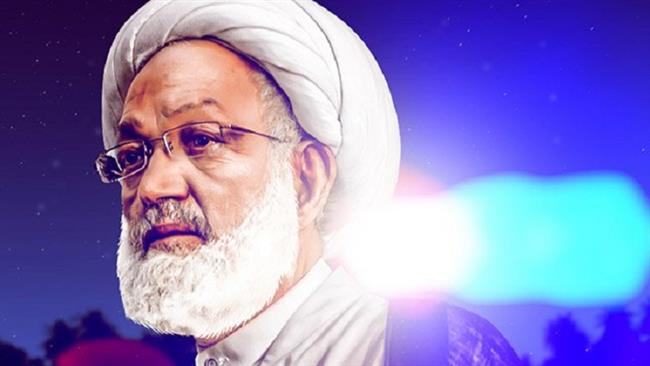



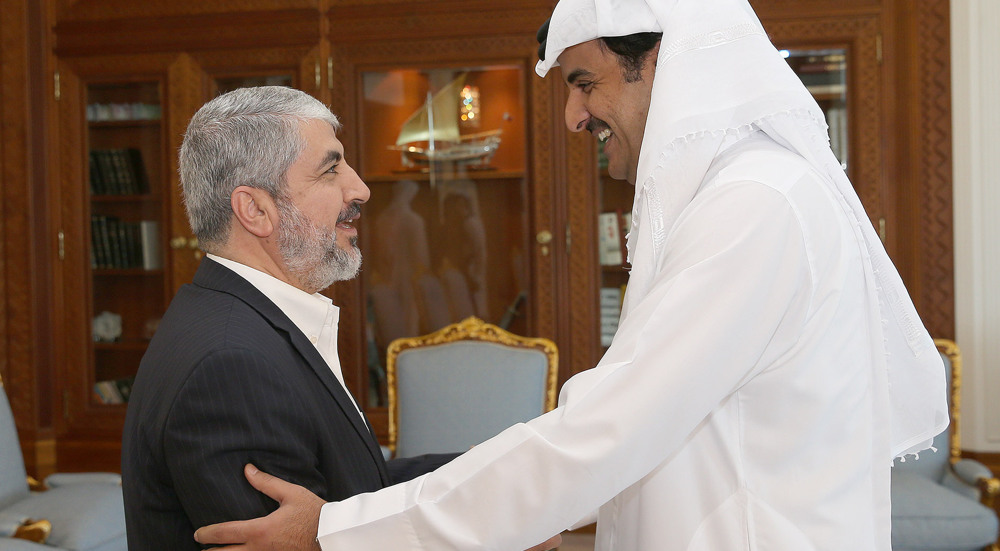
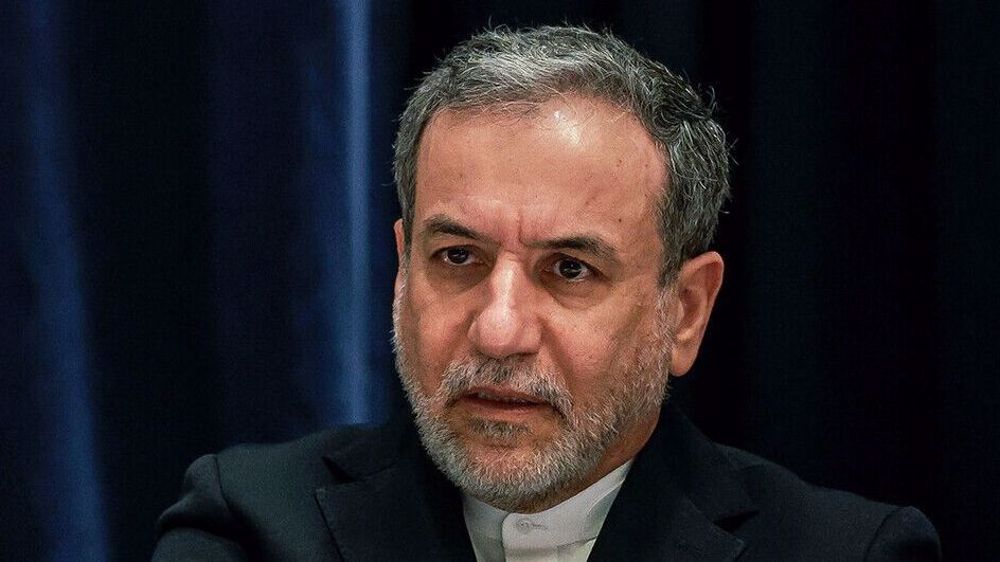



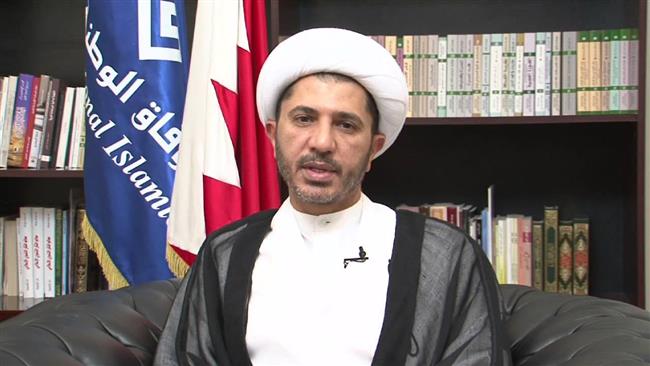
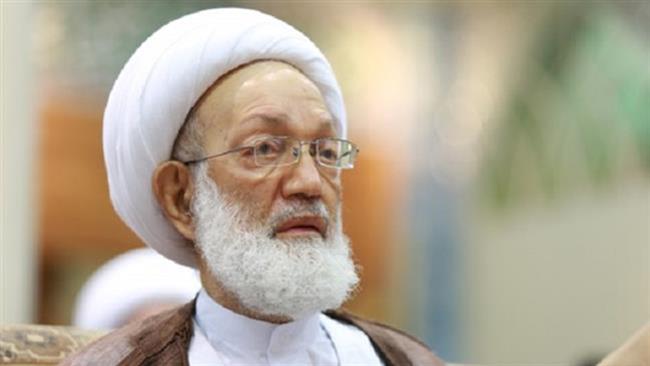

 This makes it easy to access the Press TV website
This makes it easy to access the Press TV website